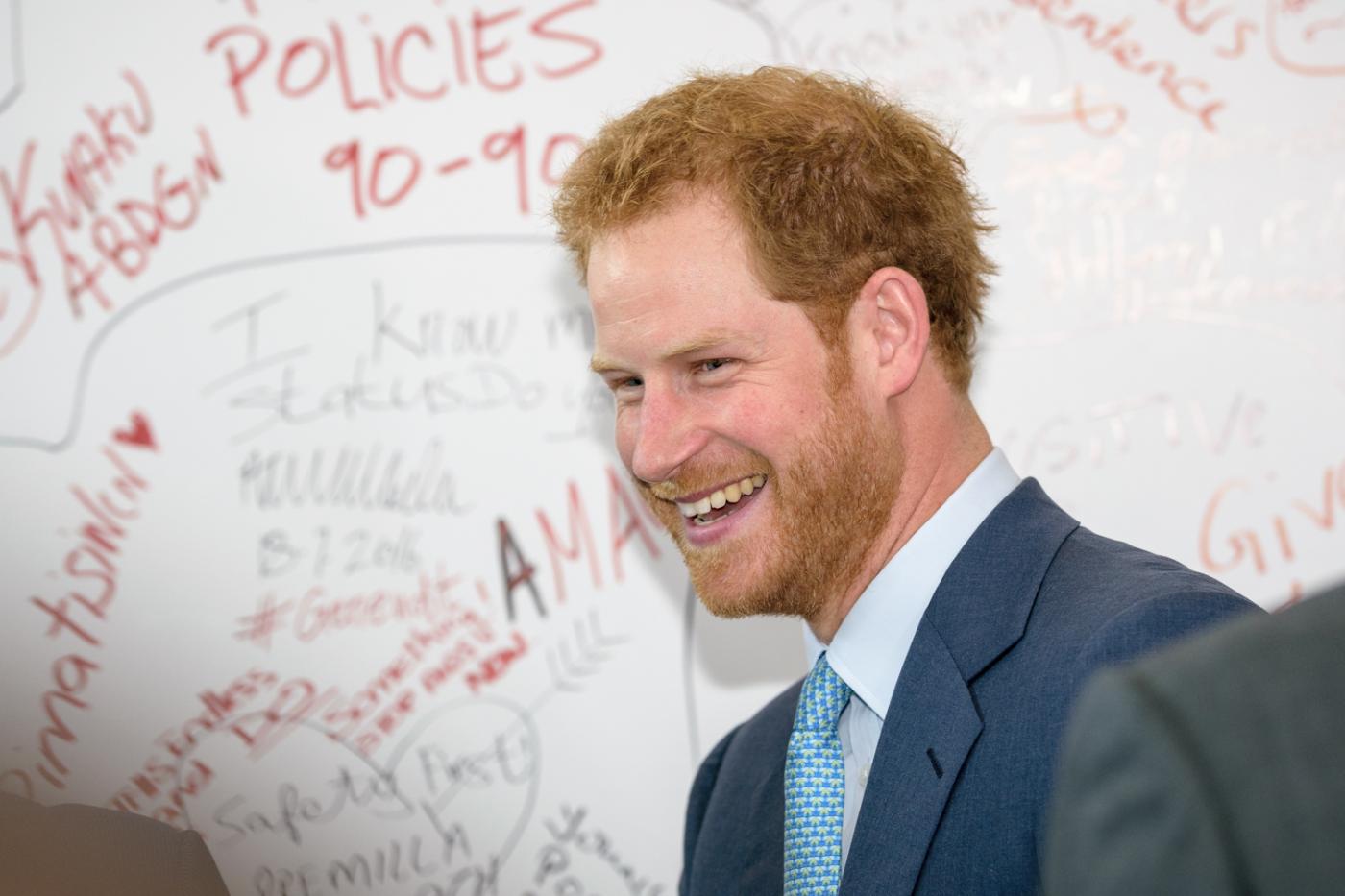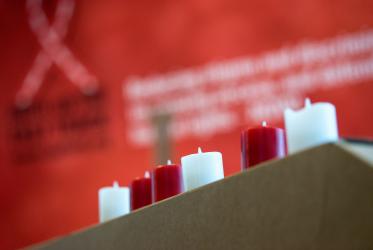Prince Harry, Elton John, Charlize Theron, Archbishop Thabo Makgoba, Bill Gates – royalty, celebrities, religious leaders and philanthropists joined scientists, politicians, health workers, and activists – all of whom include people of faith – at the 21st International AIDS Conference in Durban.
At a time when “AIDS fatigue” deepens, affecting funding, awareness and capacity to respond, the stars help to put a media spotlight on the many challenges and injustices that remain.
“The real reason we haven’t beaten this epidemic boils down to one simple fact. We value some lives more than others,” stated South African actress and United Nations Messenger of Peace Charlize Theron at Monday’s opening ceremony. “We value men more than women. Straight love more than gay love. White skin more than black skin. The rich more than the poor. And adults more than adolescents.”
The rising challenge of HIV and young people has become one of the stars’ major messages.
In a special session on Wednesday, Bill Gates stated, “The largest generation in history is entering an age when they are most at risk of HIV.”
And Prince Harry and Sir Elton John joined forces on Thursday.
“We cannot beat HIV without giving young people a voice. Without education and empowerment, HIV will win,” Prince Harry said, a call that was echoed by Sir Elton: “Young people are being left out and left behind in the AIDS response and it needs to stop here and now.”
But even Elton John recognizes that stars have their limits: “I will always be a voice for HIV but young people won’t listen to me because they need voices from their own culture, young voices like Prince Harry, who has his mother’s compassion.”
Rev. Thabo Makgoba, Anglican archbishop of Cape Town acknowledged the importance of young people in the HIV response in a Tuesday press briefing: “We’re learning to be an open society – we haven’t always been open – but the beauty about today’s adolescents and young adults is that the archbishop is no longer this fellow that sits up there and knows everything. They challenge us, they open our mainframe.”
He asked young people to continue to speak up: “Challenge your own community and your own church to make these discussions possible.”
Lyn van Rooyen, director of the Christian AIDS Bureau of Southern Africa said she opened the Twitter feed of a South African news agency “expecting quite a few articles. I just scrolled down and up and down again, sure that I was mistaken. None of the first sixty articles refer to HIV or the conference.”
“This is a disease which still creates havoc in the lives of individuals, families and communities,” she said, “Those who have the power of visibility can and should use that power to lift up what is invisible. Don’t be fooled. HIV is not over yet.”
Coverage of faith-based issues and activities at AIDS 2016
Photos available for free download
Facebook: @Livethepromise
Twitter: #FaithAIDS2016
WCC-EAA Live the Promise: HIV Campaign
WCC Ecumenical HIV and AIDS Initiatives and Advocacy (EHAIA)










